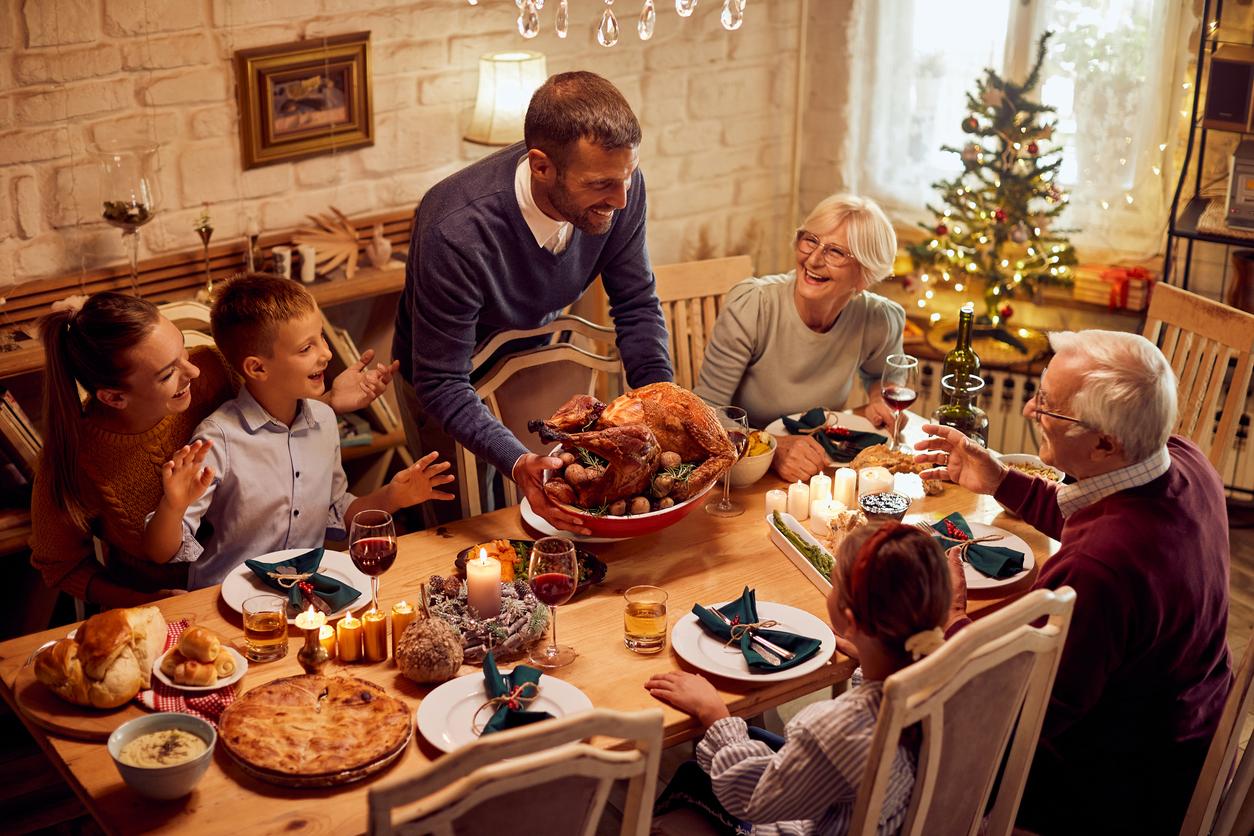The Minister of Ecology Ségolène Royal confirmed the ban on bisphenol in sales receipts from January 1, 2015. She also announced that on that same date, bisphenol A (BPA) would be banned in food containers .
This decision is part of the implementation of the national strategy against endocrine disruptors adopted on April 29, 2014. Strategy which aims to reduce the exposure of the population and the environment to these substances dangerous to health and the environment.
BPA: already banned in baby bottles
Bisphenol A has already been banned in baby bottles since June 2010 in Europe, and in food containers intended for infants and young children since January 2013. To prepare for its ban in food containers (cans, cans) in January 2015 , the Minister of Ecology has decided to launch a voluntary label “without bisphenols”, which will soon be issued to companies that have effectively already removed BPA from their products.
The disruptive effects of bisphenol A on the reproductive system are well established. But BPA would also act on the metabolism. It could therefore cause or worsen diseases such as diabetes or obesity.
















